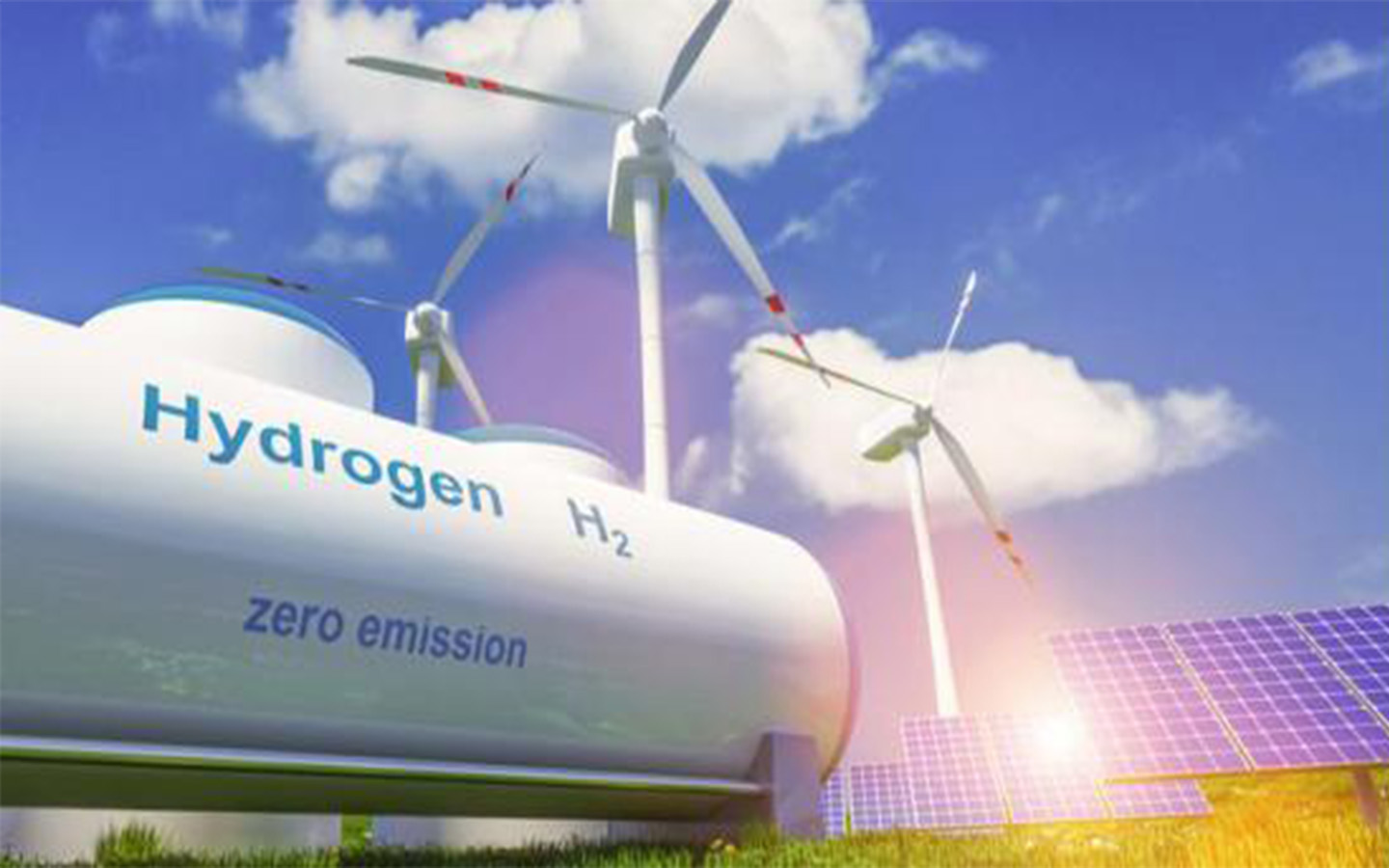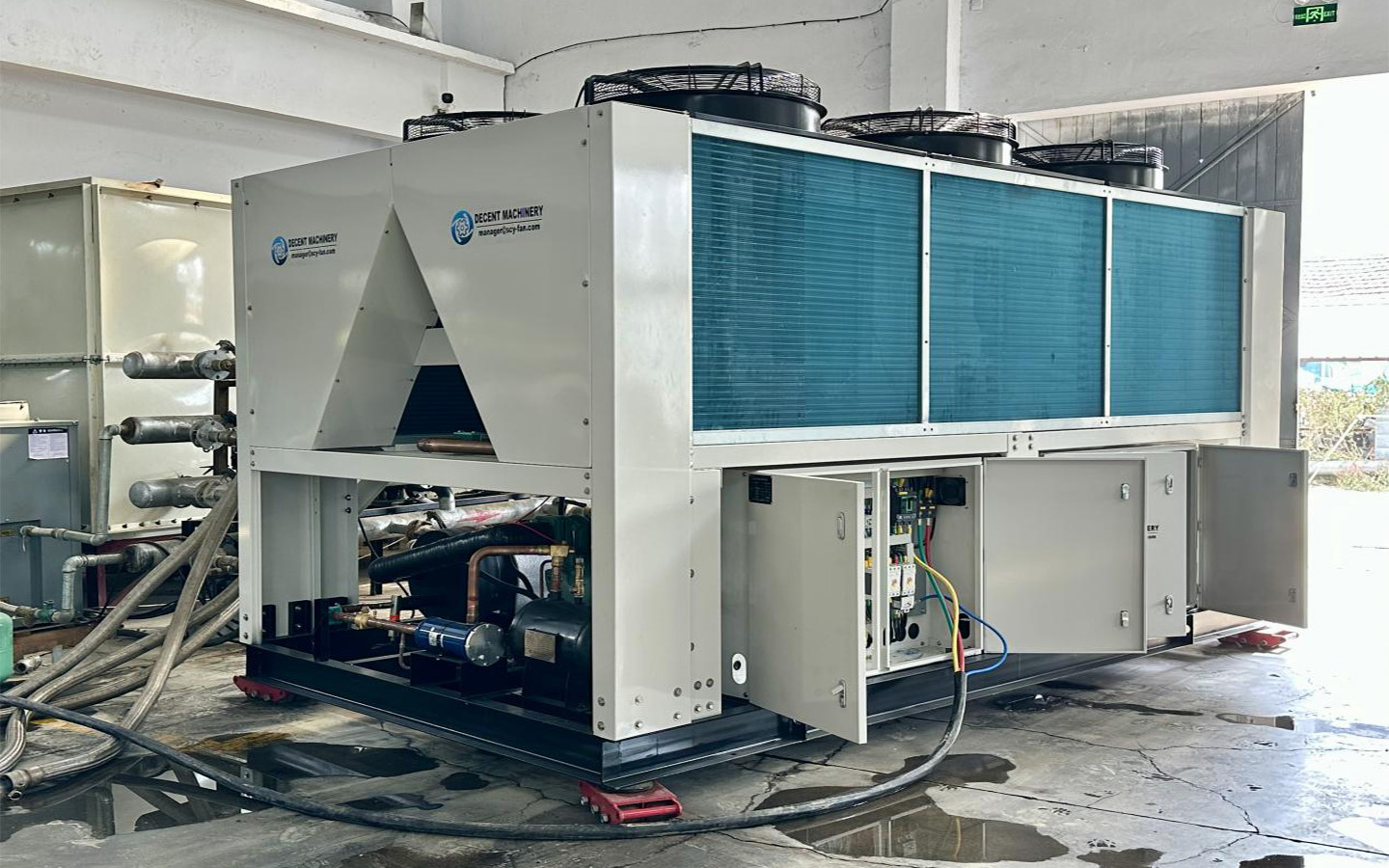28
Jun
Dealing with vast amounts of saline wastewater is a challenging task in the oil and gas industry. Faced with a production of approximately 30,000 barrels per day, your environmental services company needs an efficient solution. After preliminary research, we believe that evaporative technology could... read more
24
Apr
Pune, Maharashtra – In a significant reinforcement of their long-standing partnership, India Boiler Company has placed a new order for three additional centrifugal fans with ZIBO DECENT MACHINERY CO.,LTD. These fans are identical to those successfully integrated into their main product line of industrial... read more
12
Dec
1. Ventilation
Ventilation is a machine that relies on the input mechanical energy to increase the gas pressure and discharge the gas. It is a driven fluid machine.
Fans are widely used in ventilation, dust removal, and cooling of factories, mines, tunnels, cooling towers, vehicles, ships, and buildings; ventilation and drafting of boilers and industrial furnaces;
Cooling and ventilation in air-conditioning equipment and household appliances; drying and sorting of grain; wind tunnel wind source and inflation and propulsion of hovercraft, etc.
The working principle of the ventilator is basically the same as that of the turbo compressor, but because the gas flow rate is low and the pressure changes little, it is generally not necessary to consider the change of the gas-specific volume, that is, the gas is treated as an incompressible fluid.
2. Blower
Under design conditions, a fan with a wind pressure of 15kPa~0.2MPa or a compression ratio e=1.15~3 is called a blower.
Features:
1. Since the impeller runs without friction in the body, no lubrication is required, so the discharged gas does not contain oil. It is an ideal pneumatic conveying gas source for chemical, food and other industries.
2. The blower is a volumetric operation type blower. When in use, with the change of pressure, the flow rate changes very little. But the flow rate changes with the speed. Therefore, the selection range of pressure services is very wide, and the selection of flow rate can meet the needs by selecting the speed.
3. The speed of the blower is high, and the gap between the rotor and the rotor, and between the rotor and the body is small, so there is less leakage and higher volumetric efficiency. Our factory has strong processing and assembly technology, which can ensure a reasonable and uniform gap, achieve high volumetric efficiency and avoid friction in the body due to thermal expansion.
4. The structure of the blower determines that its mechanical friction loss is very small. Because only the bearing and the gear pair have mechanical contact in the material selection, the rotor, casing, and gear ring have sufficient mechanical strength. Safe operation and long service life are major features of blower products.
read more
10
Apr
Coal yards and slag yards are one of the main sources of air pollution, which have a major impact on the surrounding environment and public health.
To meet the needs of different scenarios, Zibo Decent Machinery provides a variety of dust reduction equipment options:
Fixed dust... read more
26
Apr
Fog cannons, essential in industries like agriculture, industrial manufacturing, and environmental protection, operate on a simple yet effective mechanism. At the heart of these machines are nozzles, which convert liquid particles into fine mist that are then sprayed into the air, significantly reducing airborne... read more
05
Jul
It is our pleasure to introduce you to DECENT MACHIENRY multistage centrifugal blowers, designed to cater to various industries such as water treatment, metallurgy, chemical engineering, mineral flotation, and electronics manufacturing.
To give you an overview, here are the specifications of standard models:、
read more
05
May
Centrifugal blowers are mechanical devices widely used in the transportation of air, gases, and other fluids. Their working principle is based on centrifugal force, which accelerates and moves the fluid through the rotating impeller, creating high velocity and pressure to achieve the desired transport.
Firstly,... read more
08
Dec
1. Chilled water pump:
A device that drives water to circulate in a chilled water loop. We know that the ends of the air-conditioned room (such as fan coils, air handling units, etc.) need cold water provided by the chiller, but the chilled water will... read more
24
Jul
In coastal environments, standard air conditioning units can quickly succumb to the damaging effects of salt-laden air, high humidity, and corrosive elements, leading to frequent breakdowns and costly repairs. However, our cutting-edge Corrosion-Resistant Air Conditioning Units are specially designed to combat these challenges, providing... read more
30
Jul
Automatic Control Device for Mine Intelligent auxiliary Fan
Mine auxiliary made wind pipe card system is to protect the mine safety production will need to provide a one – machine is multi-purpose, high efficiency and energy saving, automatic control device, it implements the mine auxiliary system on risk... read more



 Español
Español Русский
Русский Tiếng Việt
Tiếng Việt 中文
中文 suomi
suomi Français
Français Português
Português English
English Deutsch
Deutsch Français
Français Español
Español Italiano
Italiano Português
Português Pусский
Pусский


